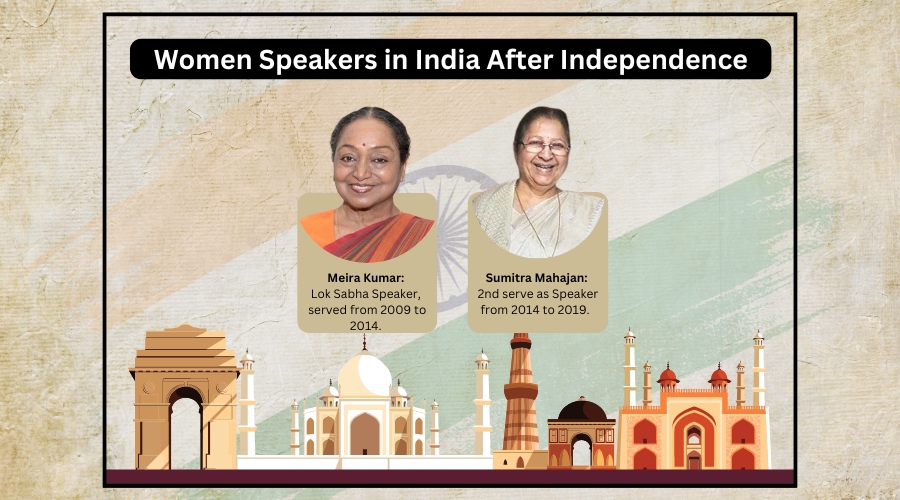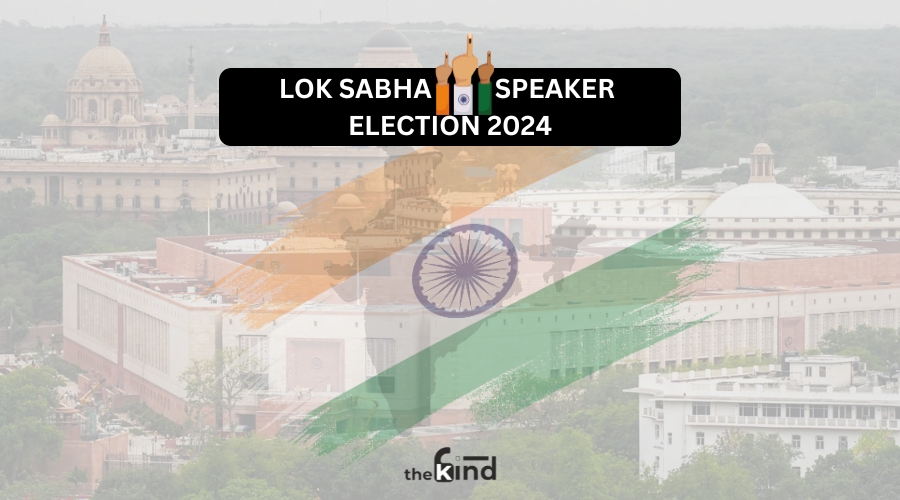Share this
India’s political landscape is abuzz with the upcoming election for the Speaker of the Lok Sabha, scheduled for June 26, 2024. This election is particularly significant due to the National Democratic Alliance (NDA) not securing an outright majority, unlike in 2014 and 2019. The Bharatiya Janata Party (BJP) is 30 seats short of the majority mark in the 543-member Lok Sabha, which adds complexity to the selection of the Speaker.
Several prominent figures are in the running for the position. Daggubati Purandeswari, the BJP’s Andhra Pradesh president, and GM Harish Balayogi from the Telugu Desam Party (TDP) are notable candidates. Additionally, the possibility of Om Birla, the previous Speaker, being re-elected remains on the table.
The dynamics within the NDA and its allies are also pivotal. Key allies like Nitish Kumar’s Janata Dal (United) and Chandrababu Naidu’s TDP have expressed interest in the Speaker’s post, potentially to ensure stability and influence within the coalition. This situation reflects the shifting power balances and the need for strategic alliances.
The first session of the 18th Lok Sabha will see several crucial events, including the oath-taking of newly elected members and the President’s address, which will outline the government’s roadmap for the next five years. With the opposition, including the Congress and its allies, stronger than in previous years, the election and subsequent parliamentary sessions are expected to be contentious
 Women Speakers in India After Independence
Women Speakers in India After Independence
Since gaining independence in 1947, India has seen a number of remarkable women rise to positions of power and influence. Among these, some have served as Speakers of the Lok Sabha, the lower house of India’s Parliament, playing crucial roles in shaping legislative proceedings and upholding parliamentary democracy.
Meira Kumar
Meira Kumar, the first woman to hold the position of Lok Sabha Speaker, served from 2009 to 2014. A member of the Indian National Congress, she brought a wealth of experience from her diplomatic career and various ministerial roles. Her tenure was marked by efforts to maintain decorum and ensure smooth functioning of the House amidst frequent disruptions. Kumar also advocated for women’s rights and social justice, reflecting her deep commitment to these causes.
Sumitra Mahajan
Sumitra Mahajan, known affectionately as “Tai,” was the second woman to serve as Speaker from 2014 to 2019. A veteran politician from the Bharatiya Janata Party (BJP), Mahajan’s tenure was notable for her non-partisan approach and efforts to enhance the efficiency of parliamentary proceedings. She handled contentious debates and legislative business with a firm yet fair hand, earning respect across party lines.
Election of the Lok Sabha Speaker in India
The Speaker of the Lok Sabha is elected by the members of the House from among themselves. Here’s a step-by-step overview of the election process:
- Nomination: Members of the Lok Sabha can nominate candidates for the position of Speaker. These nominations must be seconded by other members.
- Election: If there is more than one candidate, a vote is conducted. Members vote to elect the Speaker by a simple majority.
- Unanimity or Consensus: Often, efforts are made to elect the Speaker by consensus to ensure the position is held by someone with the broadest possible support.
Om Birla vs. K. Suresh as Speaker
In recent years, the competition for the role of Lok Sabha Speaker has seen notable figures such as Om Birla and K. Suresh:
– **Om Birla**: Elected as Speaker in June 2019, Om Birla is a BJP member with a reputation for being a diligent and fair-minded parliamentarian. His tenure has focused on enhancing parliamentary discipline and productivity. Birla has worked to maintain a balance between facilitating government business and accommodating the opposition’s concerns.
– **K. Suresh**: A senior Congress leader, K. Suresh has been a prominent figure in parliamentary debates and has served as the Chief Whip of the Congress party in the Lok Sabha. Although he was not elected as Speaker, his candidature represents the vibrant democratic process within Indian politics, where multiple voices and perspectives are considered for leadership roles.
Responsibilities and Powers of the Lok Sabha Speaker
The Speaker of the Lok Sabha holds a position of great responsibility and authority within the Indian parliamentary system. Here are some key responsibilities and powers:
- Maintaining Order: The Speaker ensures that debates and proceedings in the House are conducted in an orderly manner. They have the authority to discipline members who violate the rules of conduct.
- Facilitating Debates: The Speaker decides who may speak during debates and ensures that different viewpoints are heard.
- Deciding Points of Order: The Speaker is the final authority on all procedural issues within the House.
- Casting Vote: In the case of a tie, the Speaker casts the deciding vote, known as the casting vote.
- Certification of Bills: The Speaker certifies money bills, which are subject to special procedures and cannot be amended or rejected by the Rajya Sabha (the upper house).
- Committee Appointments: The Speaker appoints members to various parliamentary committees, which play a crucial role in scrutinizing legislation and government policies.
Women Speakers like Meira Kumar and Sumitra Mahajan have left an indelible mark on India’s parliamentary history, demonstrating the crucial role of women in governance. The election process of the Lok Sabha Speaker ensures a democratic and fair selection, reflecting the diversity of India’s political landscape. The Speaker’s role, with its extensive responsibilities and powers, is vital for the smooth functioning of the parliamentary system, ensuring that democracy is upheld within the legislative framework.

